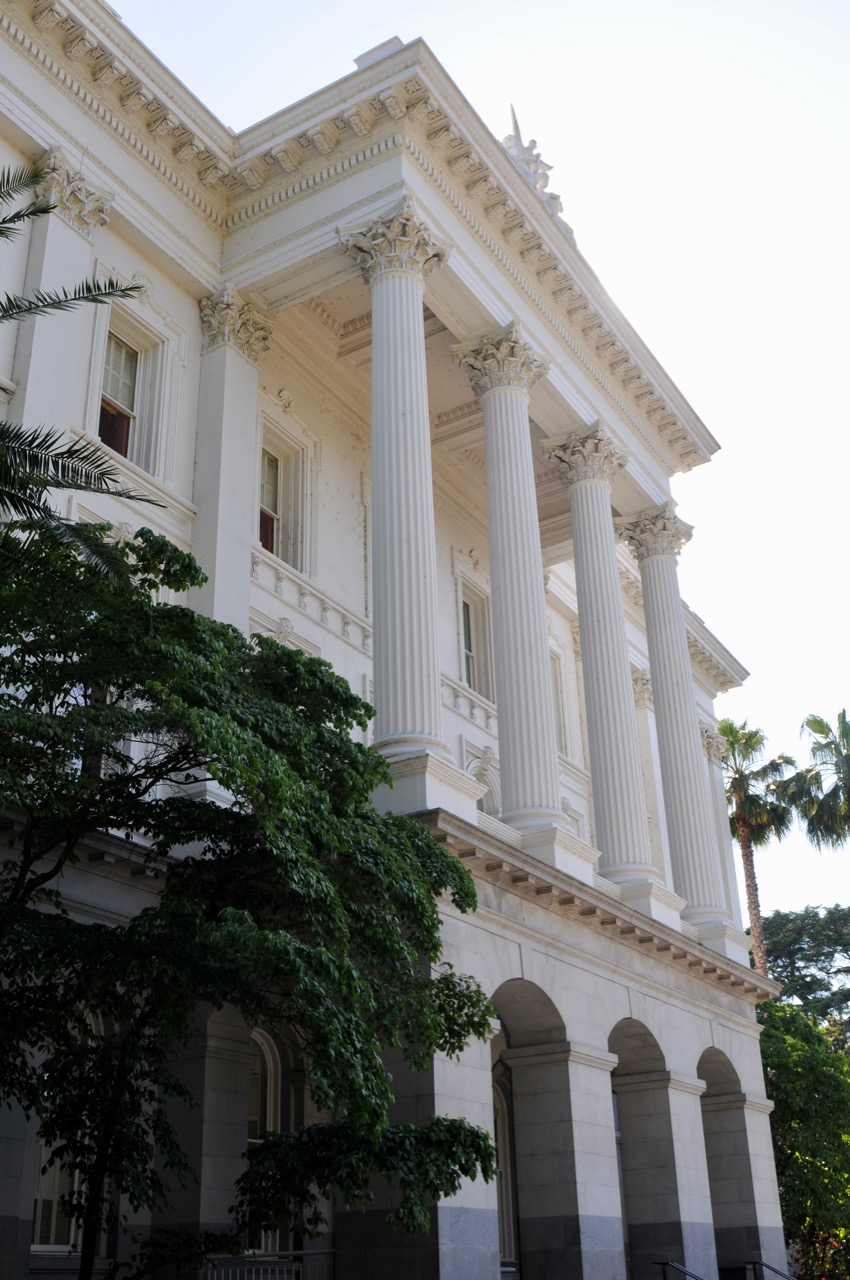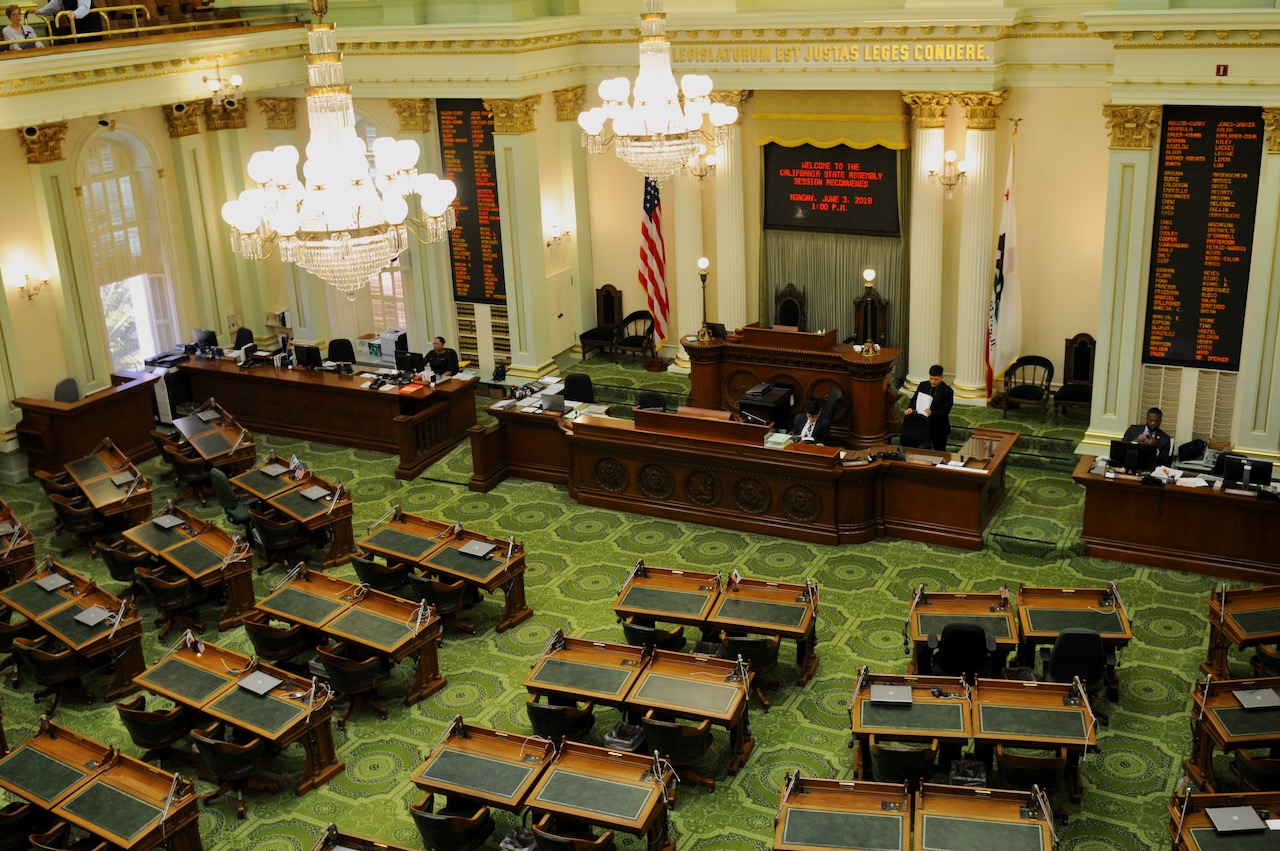
Downtown Sacramento from the Capitol building. (Photo: Norcal_kt, Shutterstock)
Unlawful Activity in Labor Disputes in California
Prohibits any state court from having authority to issue a temporary or permanent injunction in any case involving a labor dispute,
By Chris Micheli, March 30, 2023 7:19 am
California’s Labor Code, in Division 2, Part 3, Chapter 10, discusses prohibited activities during labor disputes. Chapter 10 is titled “Unlawful Acts During Labor Disputes,” which was added in 1999 by Chapter 616.
Labor Code Section 1138 prohibits any officer or member of an association or organization from being held responsible or liable in any state court for the unlawful acts of individual officers, members, or agents, except upon clear proof of actual participation in, or actual authorization of those acts.
Section 1138.1 prohibits any state court from having authority to issue a temporary or permanent injunction in any case involving a labor dispute, except where unlawful acts have been threatened, that substantial and irreparable injury to complainant’s property will follow, that complainant has no adequate remedy at law, and that the public officers charged with the duty to protect complainant’s property are unable or unwilling to furnish adequate protection.
In addition, a hearing is required to be held after notice has been given, in the manner that the court directs, and to the chief of those public officials of the county and city within which the unlawful acts have been threatened or committed charged with the duty to protect complainant’s property.
However, if a complainant also alleges that, unless a temporary restraining order is issued without notice, a substantial and irreparable injury to complainant’s property will be unavoidable, then a temporary restraining order may be issued upon testimony to justify the court in issuing a temporary injunction upon a hearing after notice.
In those cases, a temporary restraining order would be effective for no longer than five days and be void at the expiration of those five days. No temporary restraining order or temporary injunction is to be issued except on the condition that the complainant first files an undertaking with adequate security in an amount to be fixed by the court sufficient to recompense those enjoined for any loss, expense, or damage caused by the improvident or erroneous issuance of the order or injunction.
Section 1138.2 prohibits a restraining order or injunctive relief from being granted to any complainant involved in the labor dispute in question who has failed to comply with any obligation imposed by law, or who has failed to make every reasonable effort to settle that dispute either by negotiation or with the aid of any available governmental machinery.
Section 1138.3 prohibits a restraining order or injunction from being granted in a case involving a labor dispute, with a specified exception. Every restraining order or injunction granted in a case involving a labor dispute must include only a prohibition of the specific act or acts as may be expressly complained of in the complaint or petition filed.
Section 1138.4 defines the term “labor dispute.” Section 1138.5 provides that these provisions do not apply to any peace officer.
- Service of Summons in California Civil Actions - December 11, 2024
- Sunset Clause Versus Repeal Clause - December 10, 2024
- Describing a Spot Bill - December 9, 2024




